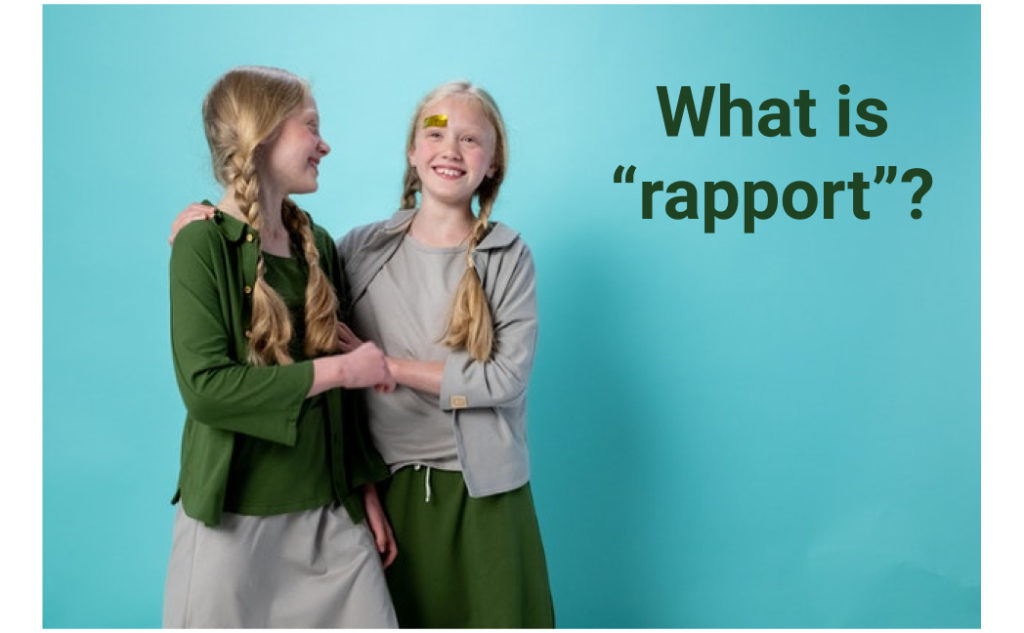You’ve probably heard the word “rapport” being thrown around and see it everywhere being described as a good thing, but what exactly is it, how do you know when you have it, and more importantly, why does it matter to you?
Rapport, essentially, is a state of connection, a feeling of being heard, where you feel your point of view is being earnestly considered. This is typically why we tend to get along better with people who agree with our views rather than disagree, but even people on opposite sides can have rapport, take each other seriously, and even learn from each other in helpful ways they never expected.
You know you have rapport when you feel like the other person is listening to you, like they understand what you’re saying, even feel the same way as you do. In extreme levels of rapport, you might even feel like they know exactly what you want without even asking. You’ve probably had at least one experience like this, haven’t you?
You know the other person has rapport with you, when they open up to you, start sharing things they wouldn’t tell most people or are usually too shy or afraid to say in other situations, they might even do what you’re doing without noticing, like buying the same drinks, listening to the same music, or starting similar activities.
A common misconception is that rapport means someone “likes” you, which is false. Rapport does make it much easier for someone to like you, both as a friend and romantically, but rapport itself is simply being open to listening and learning about the other person, which opens people up. What they choose to do with that openness is up to them.
So why is rapport important? Imagine talking to a brick wall; not very fun, is it? That’s a lack of rapport. But, now imagine talking with someone for the first time and, whether you’re an introvert or extrovert, somehow you just get each other, almost as if you were best friends in a past life. That is real rapport, and with it, the possibilities are endless.
Now that we know all this, how do we actually create rapport? There are many examples out there, but many of them are heavily opinionated and biased based on certain people’s specific beliefs.
In our next newsletter, we’ll share with you some real and effective strategies we’ve researched and tested to build rapport, so that you can communicate on a whole different level where you and people you talk with come away feeling even greater.
